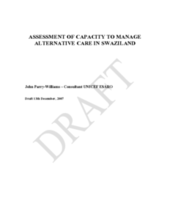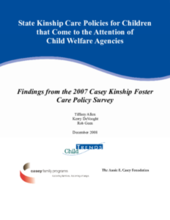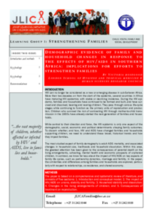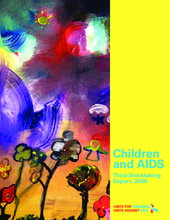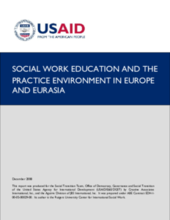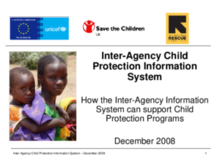Demographic Data
|
Sources: World Bank, UNDP, UNAIDS, DHS 2013 |
Displaying 13381 - 13390 of 14389
This annex contains the Moldova government's "Minimum Standards of Quality for the Functioning of Foster Care." This document addresses compulsory norms, existing at national level, that guarantees a minimum level of quality in the process of
The information collection tools from the Manual for the Measurement of Indicators for Children in Formal Care - a manual to assist countries in strengthening their information system around children in formal care through data collection around 15 global indicators.
Country level evaluation of contributing factors to the establishment of an alternative care system.
This paper is the first in a series of four papers that aim to critically assess the expanding evidence base on child maltreatment with the aim of informing policy and practice relating to child maltreatment. The series focuses mainly on high-income countries and eastern European countries that are in economic transition, since the problem and systems for response differ in low-income and many middle-income countries. This first paper of the Series aims to quantify the magnitude of the problem, its determinants, and consequences.
Explores the disparity in support given to children in formal foster care in the United States compared to those in informal kin arrangements
Assessment on the impact of HIV/AIDS on key aspects of family life cycles
Examines data on progress, emerging evidence, and current knowledge and practice for children as they relate to four programme areas
Country level evaluation of contributing factors to the establishment of an alternative care system.
The purpose of this study is to inform stakeholders about the current status of social work in the region, describe the practice environment, identify gaps between what is expected of social workers and the reality, provide examples of best practices, and make recommendations for furthering the development of social work in the region.
Sample documents to the Information Management System


